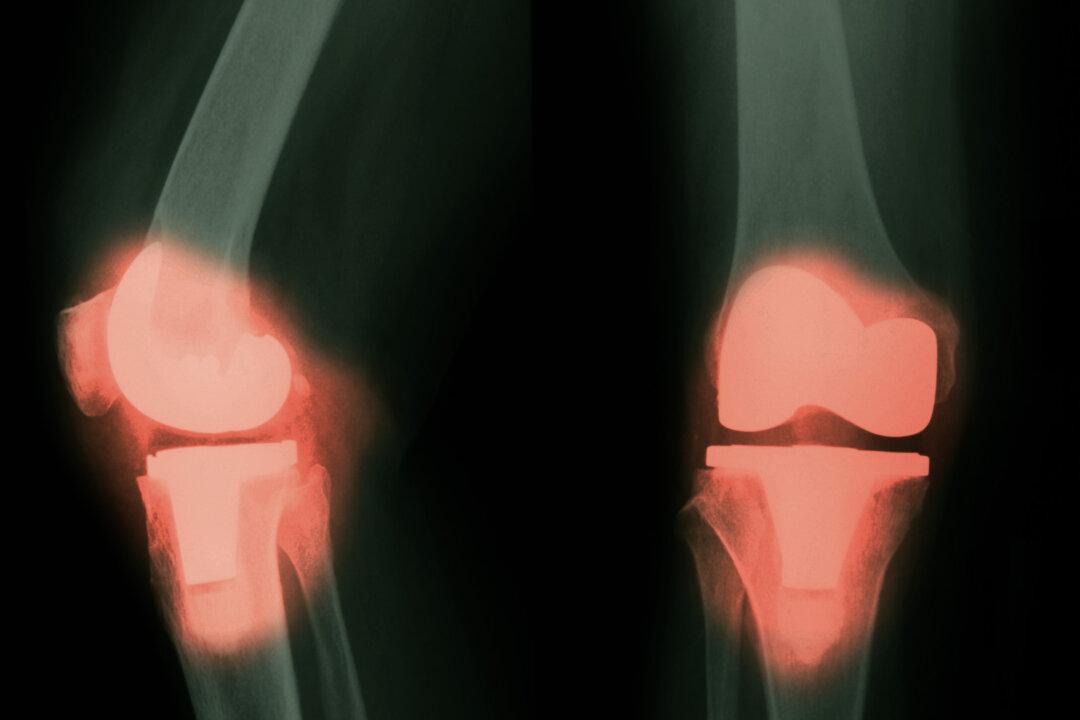Those grab-and-go snacks and microwaveable meals may be ultra-convenient, but they could also come at an ultra-high cost to your health down the road.
Engineered for Addiction and Overconsumption
Minimally processed foods such as olive oil, whole-wheat bread, and pasta contain few or no additives. In contrast, ultra-processed products are manufactured with additives not ordinarily found in whole, fresh foods (think pre-made meals, packaged pastries, and snacks marketed as “healthy,” such as some granola bars and yogurts).These foods blend sugar, fat, and salt to enhance reward and flavor, contributing to overconsumption even when a person is sated. Judged by tobacco standards, they’re considered addictive and are marketed through discounts, upsizing, and ads.
Common Emulsifiers Linked to Higher Type 2 Diabetes Risk
A new French study found a link between consuming certain food additives and an increased risk of developing Type 2 diabetes. The findings, published in The Lancet, are based on data from more than 104,000 French adults who participated in the NutriNet-Santé web-cohort study, the first web-based cohort worldwide on such a large scale, for 14 years.The research team accounted for other factors affecting participants’ diabetes risk. These included dietary intake of sugar, salt, alcohol, smoking status, family history of diabetes, and physical activity levels.
Researchers focused on chronic exposure to emulsifiers, commonly used additives in processed and packaged foods. Emulsifiers prevent the separation of oil and water components in products while providing a smooth texture and extending shelf life.
Participants with higher exposures to seven types of emulsifiers showed an elevated risk of developing Type 2 diabetes during the seven-year follow-up period, Mathilde Touvier, study co-author and research director at Inserm, a French public research organization, told The Epoch Times.
- Carrageenans increased risk by 3 percent for every 100 milligrams consumed daily.
- Tripotassium phosphate raised risk by 15 percent for every 500 milligrams consumed daily.
- Sodium citrate and acetyl tartaric acid esters of mono- and diglycerides of fatty acids increased risk by 4 percent per 500 and 100 milligrams consumed daily, respectively.
- Guar gum was linked to an 11 percent greater risk per 500 milligrams per day, gum arabic a 3 percent higher risk per 1,000 milligrams daily, and xanthan gum an 8 percent increased risk for every 500 milligrams consumed daily.
More Research Needed to Confirm Link to Diabetes
“This is the first worldwide study to quantify exposure to a wide range of emulsifier food additives and investigate their association with diabetes risk,” Ms. Touvier said.While the findings are significant, further research is necessary to establish a causal relationship between emulsifier consumption and diabetes, Bernard Srour, who holds a doctorate in pharmacology and is a junior professor at France’s National Research Institute for Agriculture, Food, and Environment, told The Epoch Times.
As an observational study, it can only show an association between emulsifiers and increased diabetes risk. Both researchers acknowledged other limitations, including the predominance of female participants and the need for replication by other epidemiological studies.
Several public health authorities, “including the official nutritional policy in France,” recommend limiting ultra-processed foods containing these “cosmetic” additives because of growing research suggesting potential health risks, Ms. Touvier noted.







